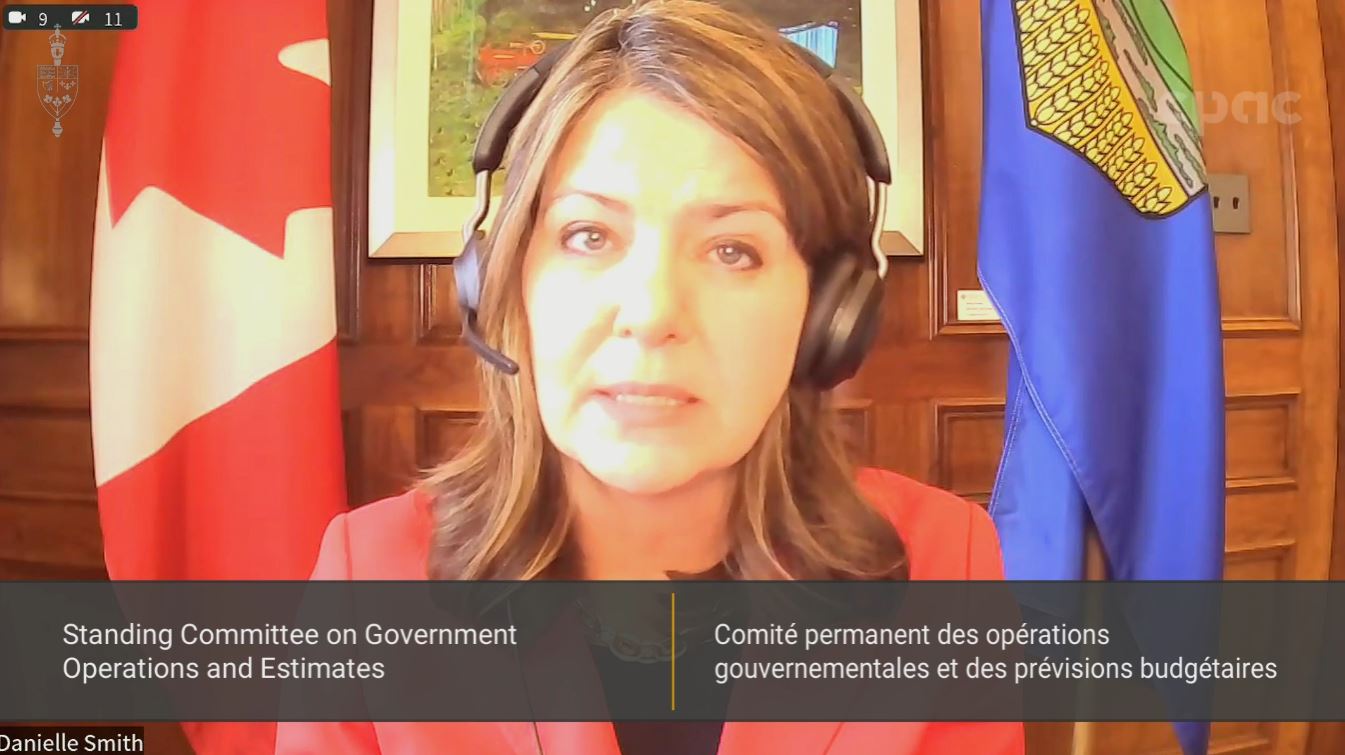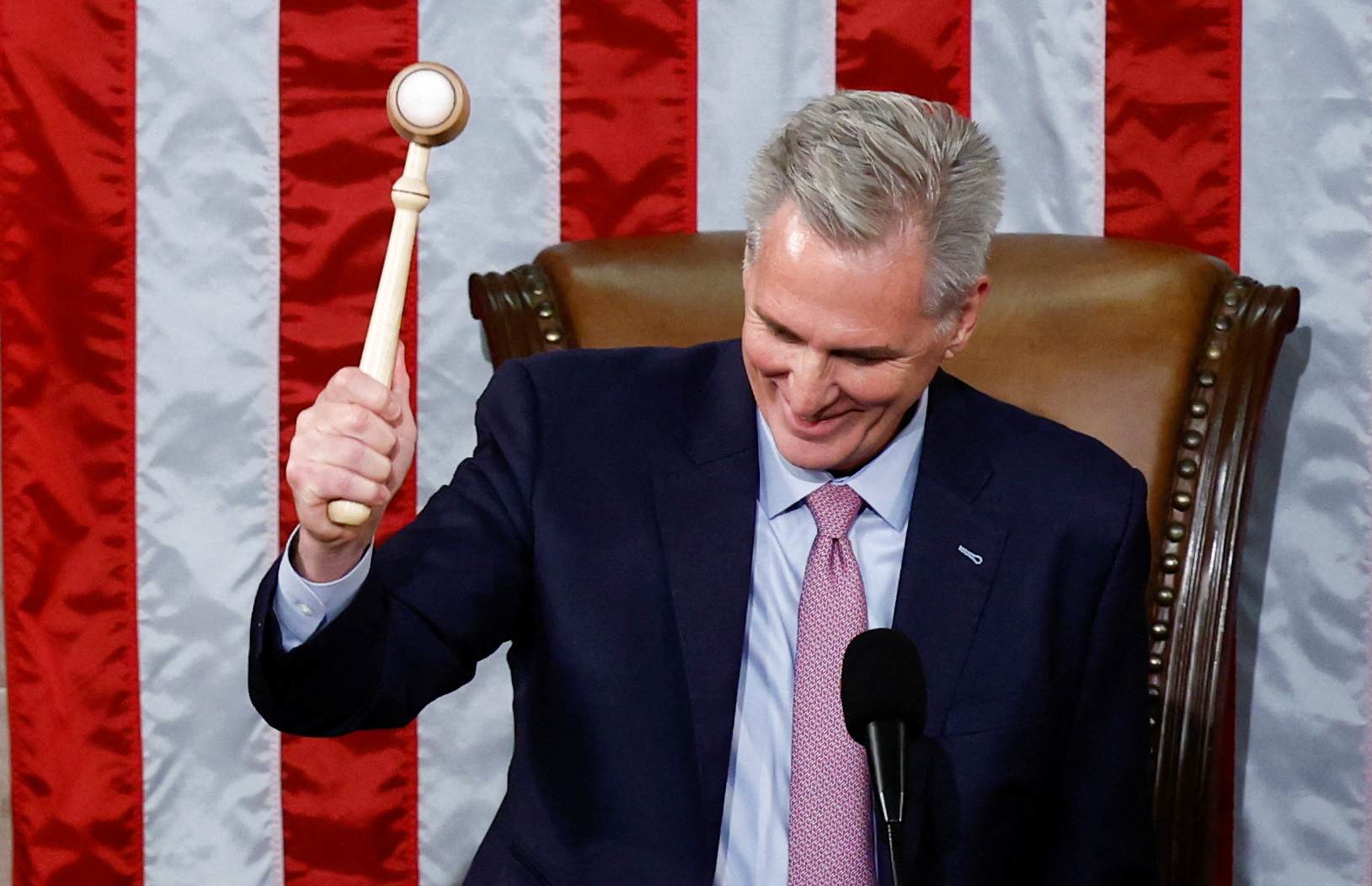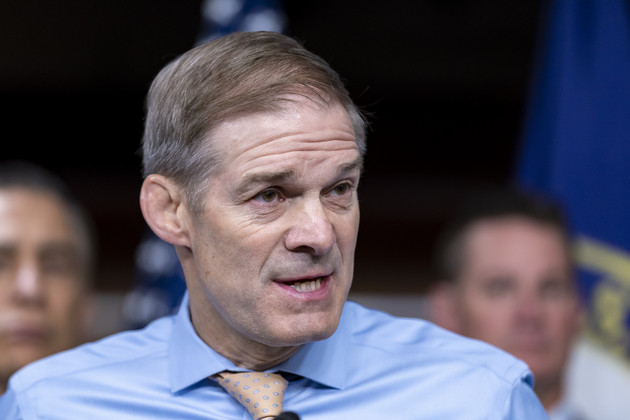Alberta Premier Danielle Smith recently delivered a compelling testimony before the House Standing Committee on Government Operations and Estimates, denouncing the carbon tax as not only reckless but also "immoral" and "inhumane".
Addressing a National Concern
Smith passionately addressed the committee, urging them to heed the calls of Canadians nationwide to suspend the impending increase in the carbon tax scheduled for April 1. She highlighted the significant burden the carbon tax imposes on Canadians, exacerbating their financial strain despite assurances of benefits from rebates by the federal government.
Cost of Living Crisis
Expressing deep concern, Smith emphasized the unprecedented cost of living crisis gripping Canadians. She stressed the urgent need to halt the carbon tax increase, citing its detrimental impact on households across the nation.
Rising Financial Burden
Drawing attention to alarming figures, Smith revealed that if implemented, the carbon tax would cost Albertans over $900 per year, per individual. She further warned that according to the Parliamentary Budget Officer (PBO), these costs would triple within the next six years, reaching a staggering $2700 net per Albertan by 2030–2031.
Moral and Ethical Implications
Smith did not mince her words, condemning the carbon tax as not only reckless but also morally reprehensible and inhumane. She underscored the devastating consequences the tax would have on countless lives, jeopardizing futures and dreams. Alberta, she noted, has persistently urged the federal government to abolish the carbon tax since 2019, recognizing its detrimental impact on citizens.
A Flawed Deal
In her testimony, Smith articulated the prevailing sentiment among Albertans, likening the carbon tax to a flawed deal where the government takes a dollar and returns only seventy-five cents. This analogy underscores the perceived imbalance and inadequacy of the government's reassurances regarding the carbon tax.
Urgent Call to Action
Smith's impassioned plea before the committee resonates as a call to action. It underscores the pressing need for policymakers to reevaluate the carbon tax's impact on Canadians and take immediate steps to alleviate the financial burden on households.
Conclusion
As the debate over the carbon tax continues to unfold, Smith's testimony serves as a poignant reminder of the real-world implications of policy decisions. Her compelling arguments shed light on the moral and ethical dimensions of the carbon tax, urging policymakers to prioritize the well-being of Canadians above all else.
I'm reaching out to ask for help in raising funds to purchase a modest, dependable used car. Having a vehicle would not only restore my independence but also allow me to engage more actively in my community and maintain essential aspects of daily living.
Help Chris Regain Independence with a Reliable Vehicle at GoGetFunding



